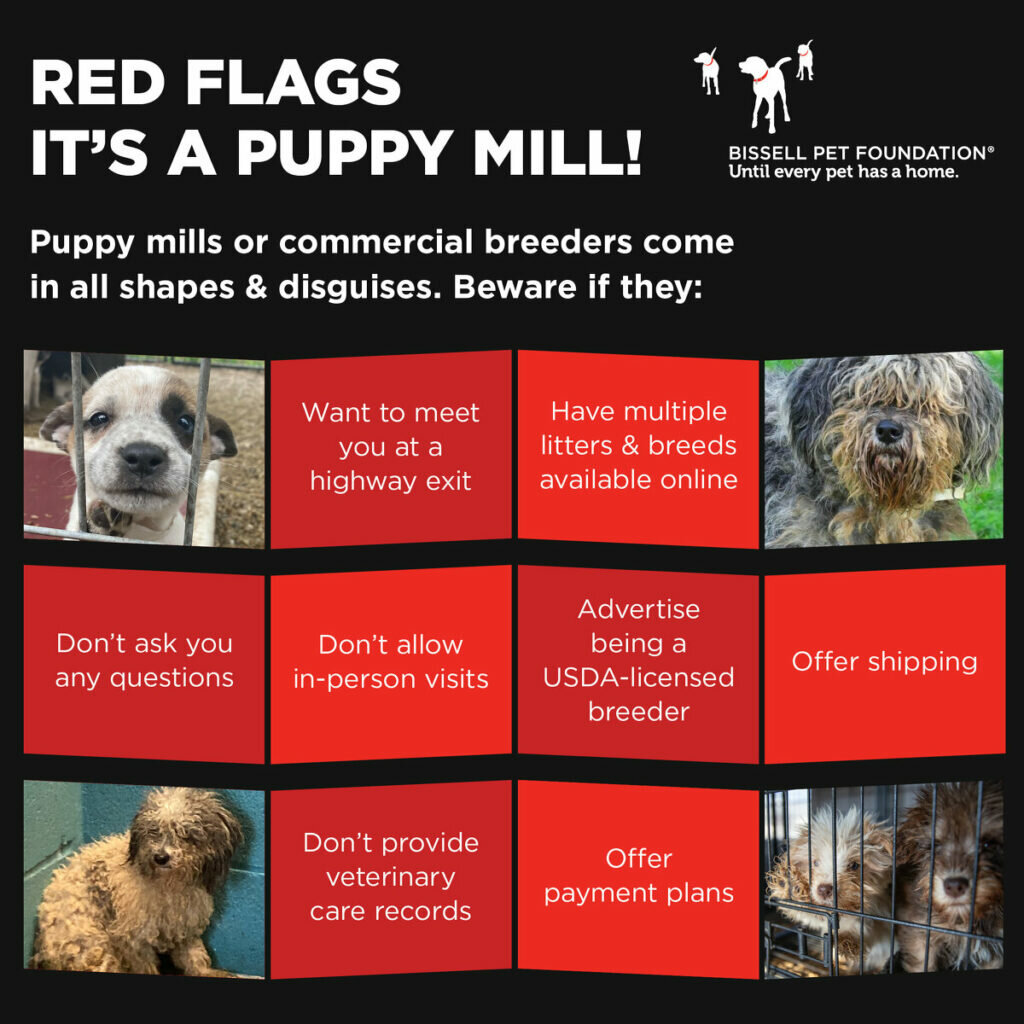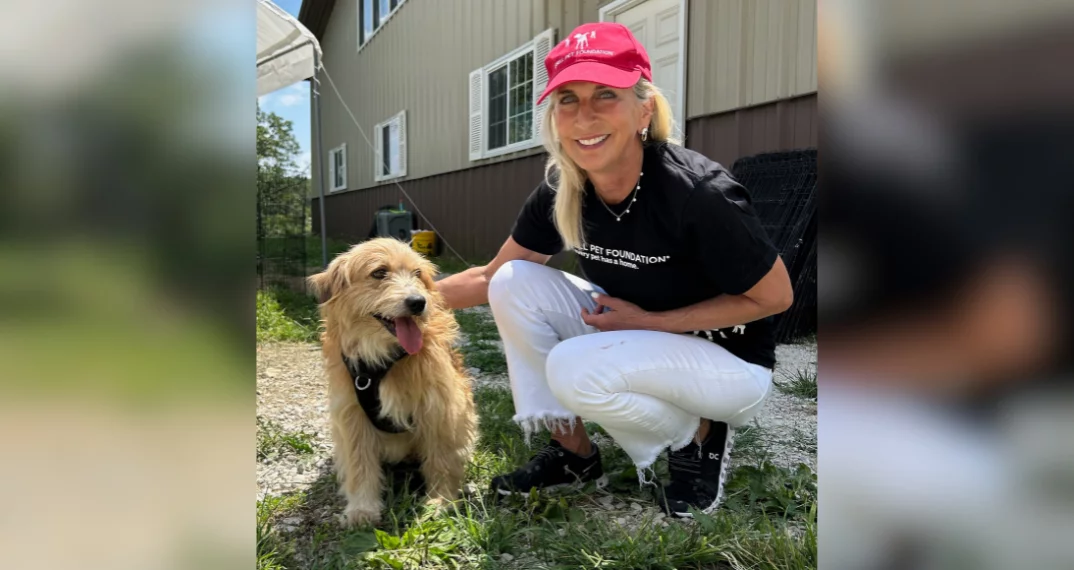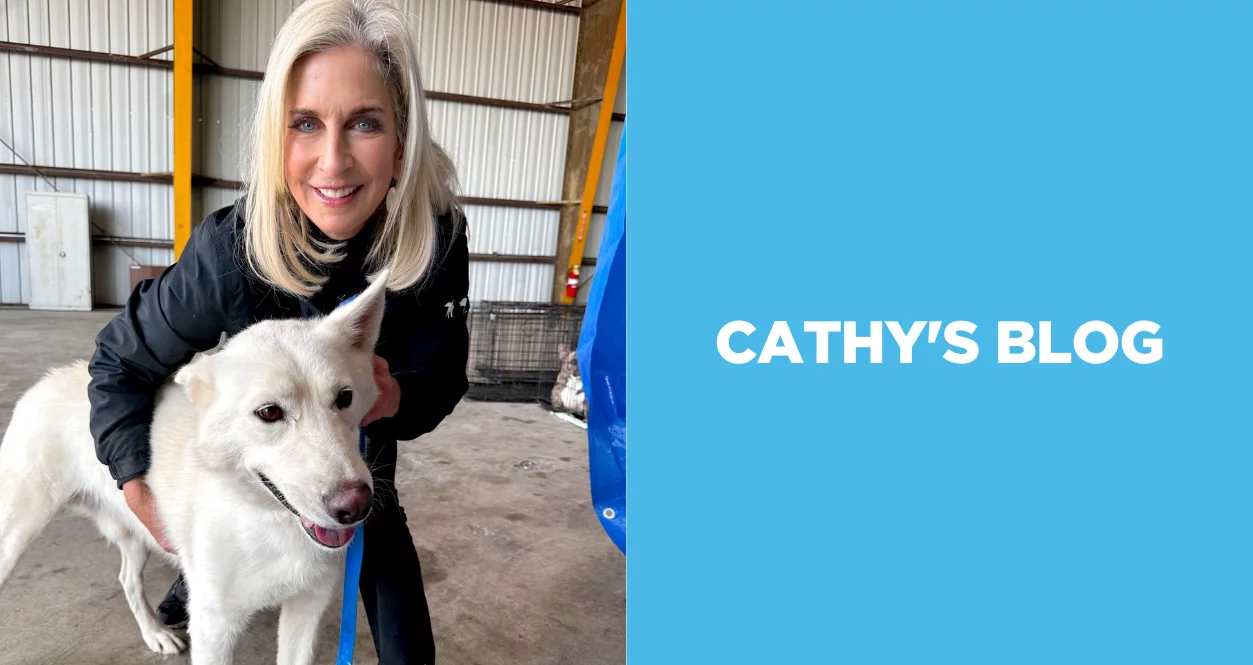What’s in a Name? Decoding Puppy Mills & Commercial Breeders
BISSELL Pet Foundation’s Animal Incident ManagementTM (AIM) team responds to “puppy mill” cases, as well as rescues pets from large-scale commercial breeders, and transports them to our partners with space. We share news about this work through emails and social media and have realized that the distinction between those two terms is confusing, and we thought you might, too. What should we call these entities with hundreds of puppies bred for sale? While there are differences between puppy mills and commercial breeders, dogs and puppies in both of these environments experience varying levels of neglect. Some people are comforted by terminology, and “commercial breeder” just sounds better than “puppy mill.” Both are impacting our communities.
Puppy mills are unregulated facilities that breed dogs for profit without any consideration for their health or welfare. You may have seen images of these dogs with matted fur, infected ears and hopeless eyes coming from these horrific places. They often spend their lives in filthy wire cages with little to no compassionate touch from humans. Most will never receive medical care and with such a large number of dogs, illness and injury can easily be overlooked. It is truly a life of misery. In most cases, the puppies are sold directly to individuals online, often at a meeting place, without the opportunity to see where the dogs live. You see them after a “puppy mill bust” on the news or on social media when your local shelter takes them in.
Commercial breeders are large-scale breeders, some licensed by the USDA, who may have some care standards in place but also breed solely for profit. They generally have hundreds of dogs. While there may be some level of staff at these facilities, the sheer number of dogs prevents them from getting the physical and emotional care they deserve. When purchased, they likely show signs of emotional neglect. They are shy and will take some time to adjust to new surroundings, and adults may have only been removed from their enclosures for exams or breeding. USDA regulations require them to provide medical care, but the rules are not enforced. They sell directly to individuals online and/or to pet stores.
At BPF, we recognize that dogs are sentient beings who have been our companions for centuries. The truth is that dogs cannot get the care they need in any type of high-volume breeding facility. Dogs deserve more than life in a wire cage or kennel.
No specific number of dogs defines the term puppy mill or commercial breeder. It is the quality of care, housing and condition of the dogs that earns them the label. Regardless of what we call them, in any high-volume breeding facility, profit comes first, not the welfare of our companions. They deserve more, and we must all work together to educate the public that adoption is always the best option to prevent animals from experiencing this type of cruelty.
Do you want to make a difference for dogs and puppies in large-scale breeding facilities right now? Share the helpful graphic below to help your friends and family make the right decision about their next pet.
Until every pet has a home,


If you cannot find a pet who tugs at your heartstrings at the shelter (although, we think you will!), please do your homework. Look for reputable breeders who will allow you to visit their home, meet the mother and see where all the dogs live. If the dogs are living in wire cages in the backyard, walk away. Here are some other considerations:
- Look at all the dogs, are they bright and happy?
- Will they let you see all the dogs on the property
- Is the housing clean?
- Do the dogs approach the caretaker and seek his/her attention?
- Will they share veterinary paperwork?


